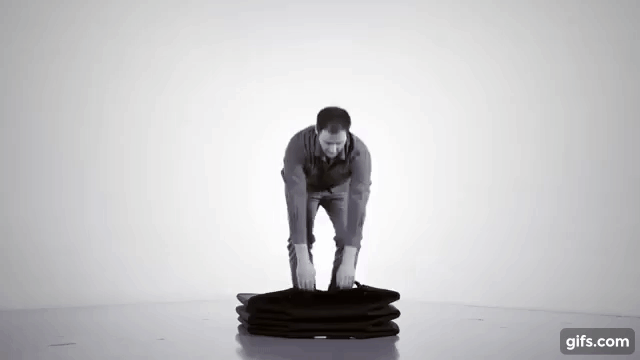The Best Alternatives to an Emergency Fund When You Have Zero Savings
HELOCs, low-interest credit cards, and TFSA investments can help your household stay afloat in a time of dire need. The post The Best Alternatives to an Emergency Fund When You Have Zero Savings appeared first on The Motley Fool Canada.


Let’s face it: most of us don’t have an enormous wad of cash sitting in a “rainy day” fund. Even those who do have an emergency fund often underestimate of how much they’ll need for emergency expenses, especially if the emergency coincides with other unexpected “life intrusions,” such as a period of unemployment or a second accident.
So, when life throws you lemons, but you’re allergic to lemon juice, these alternative emergency funds might help your household stay afloat.
1. Home equity line of credit (HELOC)
If you’re a homeowner you probably have an emergency fund. As long as you’ve paid your mortgage for some time, you’ve built equity into the home, which you can access through a HELOC.
A HELOC (home equity line of credit) is basically a line of credit that’s secured to your home. Lenders will typically let you borrow up to 65% of your home’s market value, and, much like a credit card, your HELOC will “revolve”: you can borrow up to the limit, pay it back, then borrow again.
Of course, a HELOC is a form of borrowing, and, as such, you’ll pay an interest rate. The good thing about HELOCs: the interest rates are typically lower than credit cards and personal loans. Interest rates are usually variable (meaning they can fluctuate), and they’re often tied to the lender’s prime rate.
Unlike other types of debt, which require you to pay both a portion of the principal along with interest, HELOCs require you to only make interest payments. That can be a blessing and a curse: if you only pay interest, you could pay your HELOC for years without actually reducing how much you owe. But, of course, the low monthly payments make HELOCs easier to afford for households that are facing massive emergency expenses.
2. Low interest credit card
If you don’t have a home, or you don’t have equity, then your next best option would be a credit card.
Be careful here: because you’re most likely going to be carrying a balance on a credit card (assuming you don’t have the cash to pay off your balance in the first month), you don’t want a credit card with a high APR. Instead, you want to find a credit card that offers low interest as a promotion.
The promotional interest rate won’t last forever. But your credit card provider could give you up to 12 months of low interest. If you can pay off what you borrow in the promotionally low interest period, you could save a lot of money.
If you did charge a large amount to a credit card with a high interest rate, and you don’t have the money to pay it off, you have another option: a balance transfer credit card.
Much like a low-interest credit card, a balance transfer card offers you a low APR for a specific period of time. The catch? You have to transfer a balance from one card to the balance transfer card, which will cost you (usually a percentage of the balance). Give the extremely low APRs on these cards, however, it’s usually in your best interest to do so, especially when the balance on your high-interest credit card is large.
3. Borrow from your TFSA
Finally, you can always sell investments in your TFSA. This might entail selling your stocks (hopefully not for a loss), or asking a bank if you can withdraw money from a GIC. While these investments aren’t highly liquid, if the emergency calls for it, you might have to do what you can to access the money.
I would look to a HELOC first, as this might be the most advantageous way to borrow money. If that’s not possible, I would compare the interest on a low-interest credit card with the opportunity cost of liquidating investments in your TFSA (lost investment gains, fees, penalties). Whichever one is less costly to you will be your best source of emergency funds.
The post The Best Alternatives to an Emergency Fund When You Have Zero Savings appeared first on The Motley Fool Canada.
Buy stocks, cheap
You need a broker to buy stocks. But paying more than you have to in commissions hurts.
With commission fees continually falling (in some cases to $0!), new-customer bonus offers, and rebates on transfer fees, it’s a great time to make sure you’ve got the best broker for you.
Check out The Motley Fool’s Best Canadian Brokers to compare today
More reading















:quality(85):upscale()/2025/02/03/788/n/1922283/010b439467a1031f886f32.95387981_.jpg)




